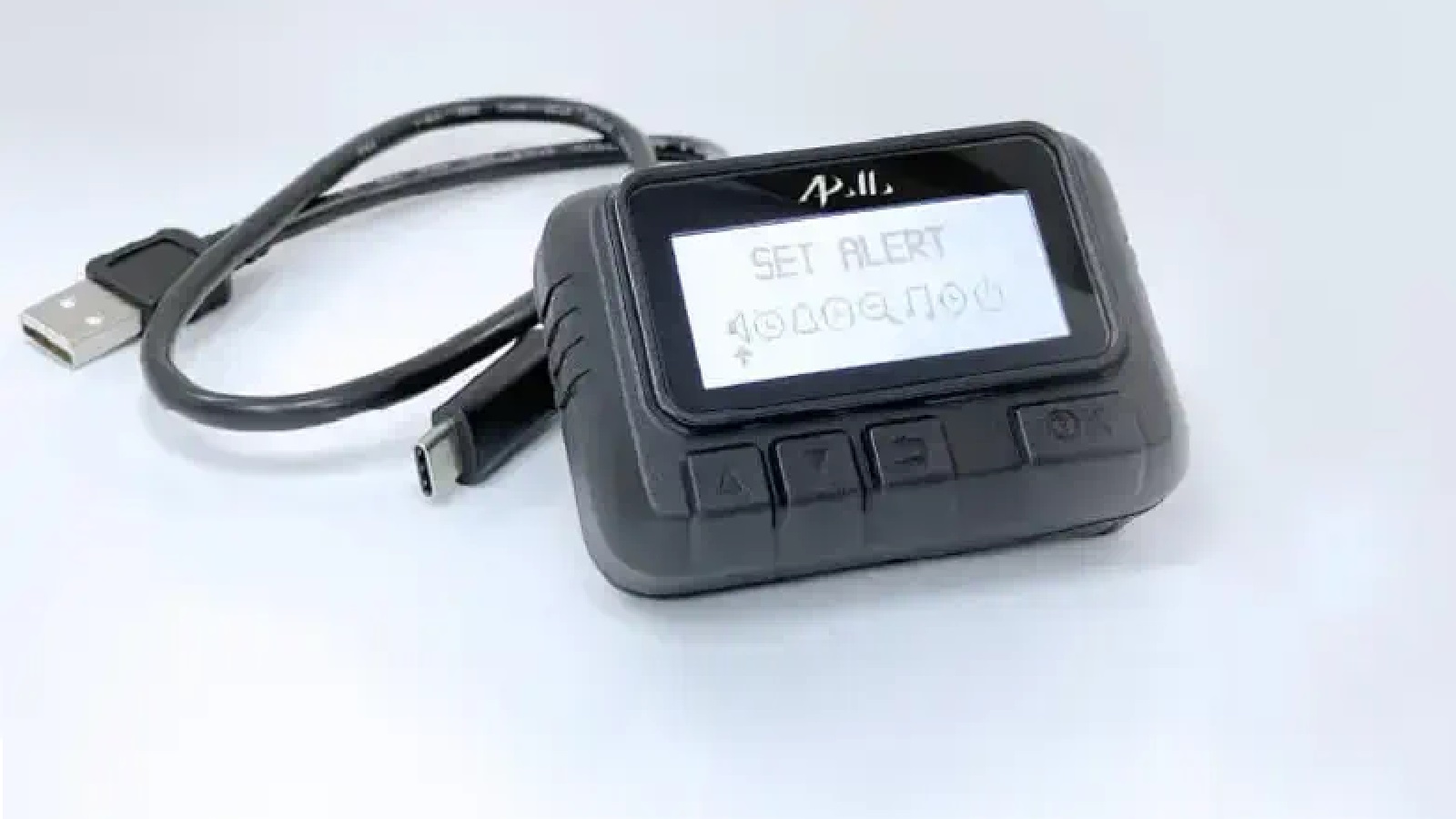Israeli Intelligence Accused of Planting Explosives in 5,000 Pagers Imported by Hezbollah
Israel is believed to have orchestrated a devastating series of explosions on Tuesday, targeting Hezbollah members across Lebanon by detonating explosives hidden in pagers. The sophisticated attack, which some sources say had been planned for months, killed at least 11 people and injured nearly 3,000 others, including Hezbollah fighters and Iran’s ambassador to Lebanon. The explosions represent a significant intelligence and security failure for Hezbollah, which has pledged to retaliate against Israel.
The devices, initially imported by Hezbollah earlier this year, were manufactured by a Hungarian firm, BAC Consulting, and branded under the name of Taiwanese company Gold Apollo. Gold Apollo has denied any direct involvement in the incident, saying that its Hungarian partner produced the pagers, marketed as model AR-924. Hezbollah fighters had been using these devices for communication in an attempt to avoid Israeli surveillance. The devices, however, had been covertly modified by Israel’s Mossad intelligence agency, according to a Lebanese security source. Explosives were hidden inside the pagers, rigged to detonate via a coded message sent by Israeli operatives.
According to the Lebanese security source, about 3,000 of these pagers exploded simultaneously, triggered by a coded transmission. The source also noted that each pager contained up to three grams of explosives, which went undetected by Hezbollah for months. Footage from hospitals shows that many Hezbollah members suffered severe injuries, including facial wounds, missing fingers, and other injuries consistent with pagers being worn on the body.
This unprecedented breach of Hezbollah’s internal security has left the group reeling. An anonymous Hezbollah official called the explosions “the biggest security breach” the group has faced since the group’s ally, Hamas, launched a massive incursion from the Gaza Strip into Israel on October 7, setting off a war that has continued for nearly a year. In response, Hezbollah issued a statement promising to continue its operations to support Gaza but also warned Israel of harsh retribution for the attack.
Give the gift of hope
We practice what we preach:
accurate, fearless journalism. But we can't do it alone.
- On the ground in Gaza, Syria, Israel, Egypt, Pakistan, and more
- Our program trained more than 100 journalists
- Calling out fake news and reporting real facts
- On the ground in Gaza, Syria, Israel, Egypt, Pakistan, and more
- Our program trained more than 100 journalists
- Calling out fake news and reporting real facts
Join us.
Support The Media Line. Save democracy.


The explosions also injured Iran’s ambassador to Lebanon, Mojtaba Amani, who reportedly lost one eye and suffered severe injuries to the other. Amani is expected to be flown to Tehran for further medical treatment.
Members of Iran’s Islamic Revolutionary Guard Corps (IRGC) told The New York Times that the pagers emitted beeping sounds before detonating, luring users to bring the devices closer to their faces before the explosions.
Despite the wide-reaching consequences of the attack, Israel has neither confirmed nor denied involvement. Sources familiar with Israeli operations suggest the detonation was a “use it or lose it” moment. Israeli officials had been concerned that Hezbollah was close to discovering the plot and therefore decided to act before the modified devices could be identified.
This attack comes amid growing tensions between Israel and Hezbollah, which have been engaged in daily exchanges of rocket fire and airstrikes since October 8. While Hezbollah has stated it does not seek a wider war, the potential for escalation remains high. On Tuesday, Israel’s Security Cabinet added to its formal war goals the safe return of more than 60,000 Israeli civilians who have been displaced from their homes in the country’s North due to Hezbollah’s attacks. Israeli Defense Minister Yoav Gallant recently told US Defense Secretary Lloyd Austin that the window for a diplomatic solution was closing, indicating that Israel may soon intensify its military actions.
Intelligence experts believe this incident shows Israel’s ability to deeply infiltrate Hezbollah. Former US intelligence official Paul Pillar remarked that the operation demonstrates Israel’s “remarkably dramatic” intelligence capabilities, allowing them to breach Hezbollah’s communication systems and carry out a coordinated attack across Lebanon.
Although the explosions have not led to an immediate Israeli ground offensive, they have further strained the volatile situation along the Israel-Lebanon border, raising fears of a broader conflict that could potentially involve regional powers such as Iran, as well as the United States.

